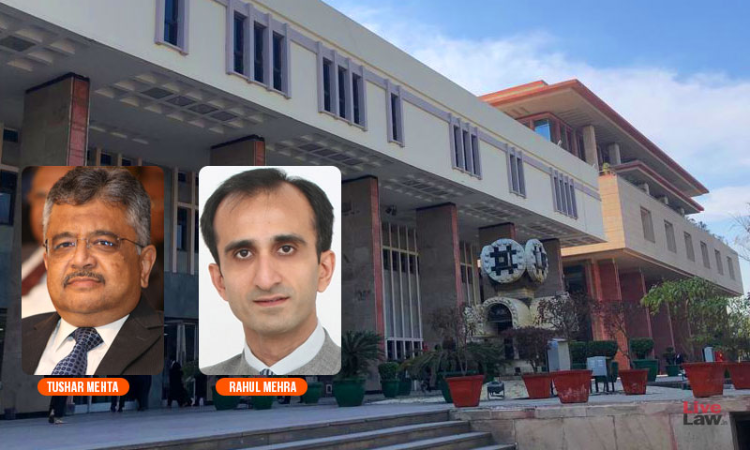Understanding The 'Tug of War' As To Who Should Represent Delhi Police In Delhi Riots Cases
Karan Tripathi
23 Jun 2020 4:14 PM IST

Next Story
23 Jun 2020 4:14 PM IST
Not a single hearing in cases pertaining to Delhi riots has gone by without involving a disagreement between the Centre and the Delhi Government as to who should represent the Delhi Police. As quoted by the concerned lawyers themselves, this controversy is becoming uglier with each passing case. Even though this debate surfaces in every hearing, the judges have shown complete...
